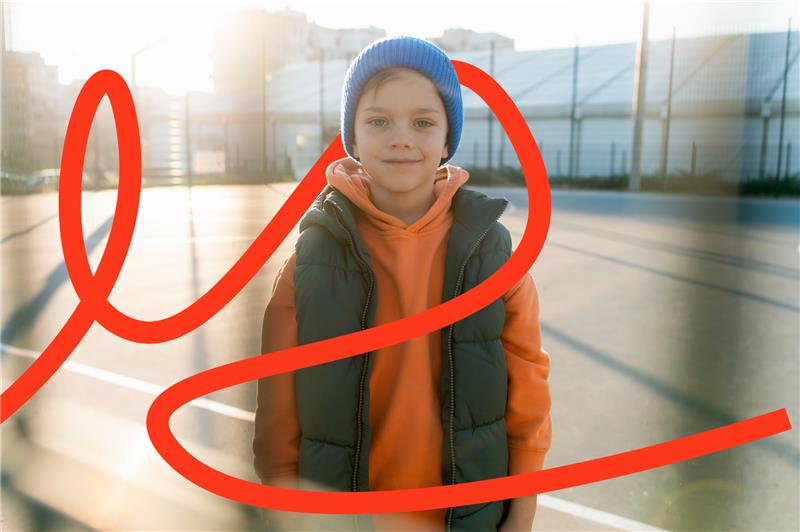The phrase ‘do as I say not as I do’ definitely applies to how you talk to your kids. They will learn from you and copy what you ‘do’ rather than what you say they ‘should do’. So, here are some tried & tested tips for communicating with your kids…
Make a connection. Rather than randomly throwing instructions around the room, make eye contact with your children. Get down to their level, give them your full attention & use their name (so they know who you are talking to.) E.g. “George, I need you to switch your ears on and listen to what I have to say”. Don’t forget to wait until they have ‘switched’ them on before you begin!
Keep it simple. Be age appropriate, your two-year-old will not understand quantum mechanics but can be given simple instructions. Don’t give a string of instructions, instead, you can make a ‘game’ out of a list by giving one instruction at a time, then they come back for ‘quick kiss/cuddle/rugby tackle’ before onto the next instruction. Older children can use tick-lists & ‘timed’ jobs to get things done. E.g. “you have five minutes to tidy your room – ready, steady, GO!”
Be honest. Kids pick up on lies quickly (& will learn to do the same) so be prepared to give them honest answers. If they ask a really tricky question & you aren’t sure (either what to say or just don’t know the answer) – tell them ‘I need to think about that, can I get back to you?’ Arrange a time to do that then follow through once you have figured it out!
Teach reflective listening. This is where the ‘listener’ repeats back to the ‘talker’ what they ‘heard’. In this way, any misunderstandings can be cleared up & you know they have ‘heard’ you. This is a great skill & works both ways e.g. when they tell you something important, repeat it back to them & ask if you have got it ‘right’. If not, they have a chance to tell you more until you do understand what they are saying.
Use positive language. Wherever possible, use the positive and distract away from undesirable behaviour. E.g. instead of “no you can’t run around the kitchen” use “why don’t you go run outside” or “shall we play a game together?” Some instructions are negative, but where possible give an explanation. E.g. “no running in the kitchen as you may trip over the cat and hurt yourself”.
Give options. So for example, “would you like your red shoes or your blue ones?” will work much more effectively than “put your shoes on”. The child feels they are retaining a degree of control & independence and you don’t really care which colour they choose! The “when…then” trick works in a similar way. E.g. “When you have cleaned your teeth, then we can read a story.” Get the idea?
Give the 2-minute warning. If your child needs to come in or stop what they are doing, give them some time to adjust to the idea & be prepared. As adults we want to know what is coming next – kids are the same.
Model manners. If you want your kids to use ‘please’ & ‘thank-you’ then you need to be modelling this – consistently. Speak to them as you want them to speak to you!
Meet them where they are at. Try to understand how they are feeling & respond appropriately. E.g. If they are angry, try “I can see you are really angry right now” to diffuse the situation and allow them to talk further. If they are sad, try “I can see you are sad, what can I do to help – would you like a cuddle?”
Get them talking. Asking “did you have fun today” can bring a yes/no answer – if you want to know more ask an open-ended question e.g. “What was your best thing today?”
Create space to talk. Get into the habit early on of making time to talk & listen to your children. Bedtime is a precious time for Dads to be around & just spend a few minutes with each child. Build a good relationship with them at the beginning & they will be able to talk to you later on. If you haven’t had this opportunity, try taking older children out for a meal or to the football, spend one-on-one time with them.








